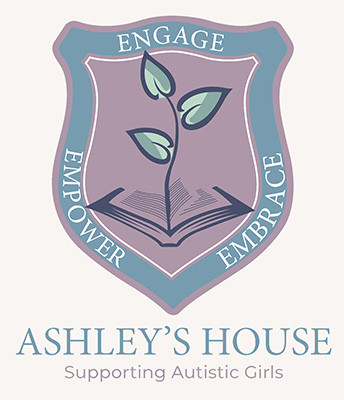Autistic inertia is the difficulty many autistic people experience with starting, stopping, or switching tasks — even when they want to.
It’s not laziness.
It’s not defiance.
It’s a neurological challenge.
Think of it like a train that needs extra time to leave the station — or to stop once it’s going. Inertia can affect everything from getting out of bed, speaking, transitioning between activities, or even stopping something enjoyable.
It’s deeply misunderstood, and it can cause huge frustration and shame — not just for the autistic person, but for their families too.
But with the right support gentle prompts, predictability, patience, and emotional safety the pressure eases, and the world becomes more manageable.
Let’s meet inertia with understanding, not urgency.
How We Support Autistic Inertia at Ashley’s House
At Ashley’s House, we recognise that autistic inertia the difficulty with starting, stopping, or switching tasks is not about motivation or behaviour. It’s a neurological experience, and we meet it with understanding, compassion, and flexibility.
Here’s how we support our girls through it:
1. Gentle Transitions
We build in soft landings and slow take-offs. Whether it’s moving from one room to another, starting an activity, or preparing to leave, we offer:
- Visual or sensory cues
- Calm, clear verbal reminders
- Extra time, without pressure
2. Predictability + Choice
We use visual schedules, clear routines, and always give advance notice of changes. Girls are supported to make their own choices about when and how they engage — because autonomy helps reduce inertia.
3. Low-Demand Environments
We remove unnecessary urgency. There’s no rush, no pressure to “get on with it,” and no punishment for “not starting.” We offer connection first, then gentle encouragement.
4. Emotional Safety
We understand that fear, shame, or overwhelm can freeze a person in place. At Ashley’s House, we prioritise emotional regulation and make space for the whole person not just their actions.
5. Support to Start
Sometimes the hardest part is the first step. We provide co-regulation, co-activity (doing things with the child), and offer prompts like:
- “Let’s do the first part together.”
- “Would you like to set a timer?”
- “You can tell me when you feel ready.”
Because at Ashley’s House, we don’t rush the process – We honour it.



